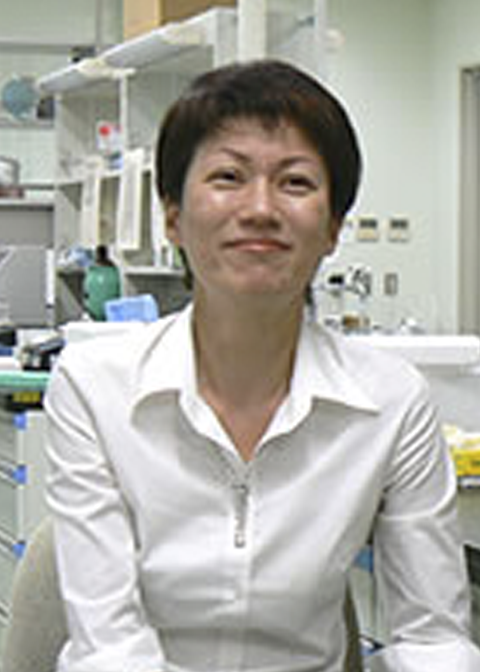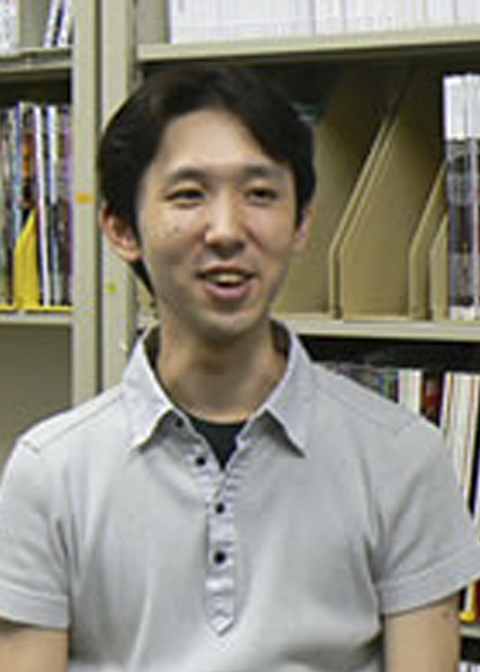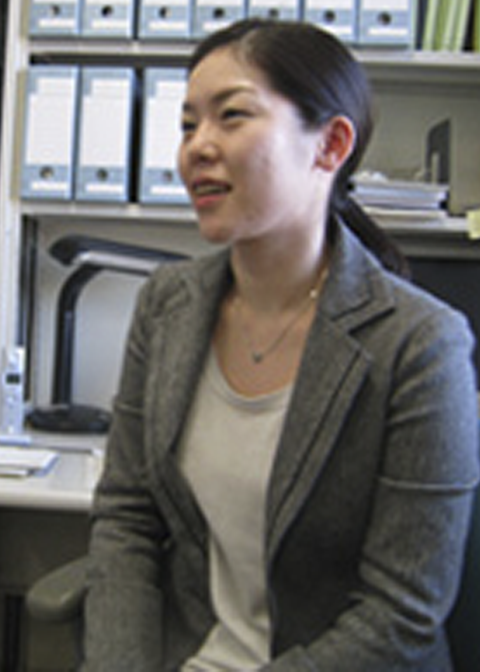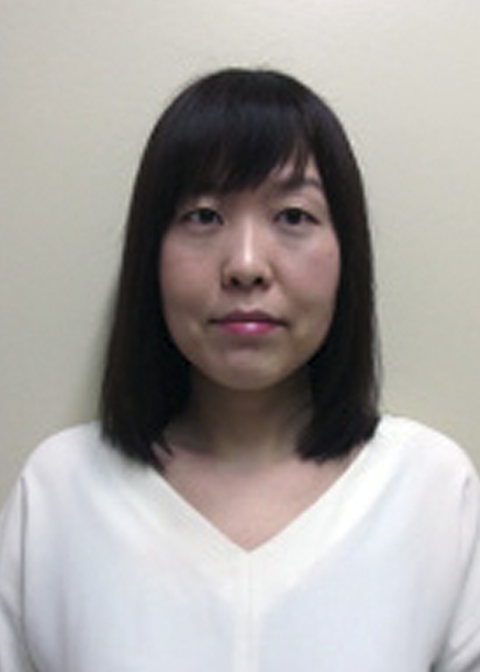Main Research Interests and Activities
By performing the basic and clinical cooperation actively, we are conducting research aimed at optimizing clinical drug treatment and improving people’s health. The methods are diverse, such as pharmacokinetics and physical property evaluation, basic research such as organic chemistry, clinical research targeting humans, big data utilization and epidemiological research. In addition, areas of our activities is not limited to laboratories, hospitals, and pharmacies, but extends to regional medical examination activities and global field surveys, and we conducts education, research, and medical care activities with pharmacists, doctors, nurses, etc.
Outlines of Researchers
Establishments of evidence-based scientific pharmacotherapy and guideline for extension of healthy life expectancy: Junko Ishizaki, Ph.D., Professor
In clinical, there are still many cases performed on physicians’ experience. Especially, for Japan toward the unprecedented ageing society, it is important to develop the proper usage of drugs for elderly patients. My research is to investigate problems taking place at clinical practices and to do research on them for solution. So, the aim is to establish evidence-based scientific pharmacotherapy and guideline for extension of healthy life expectancy.
Verification and promotion of pharmaceutical intervention aimed to extend healthy life expectancy: Tsutomu Shimada, Ph.D., Professor
With the goal of extending healthy life expectancy, we are advancing research on the usefulness of pharmaceutical interventions not only for medicines but also for nutrition, exercise, welfare equipment, and hygiene materials, with basic research using animals, data science using real-world data (RWD), machine learning, and further verification through fieldwork in the community.
Development of adequate management for adverse drug events related to cancer chemotherapy: Yukio Suga, Ph.D., Professor
Adverse event related to cancer chemotherapy is one of the main causes of decreasing the QOL in cancer patients. With the aim of establishing optimal preventive methods against chemotherapy-induced adverse drug events, we are vigorously studying to elucidate its mechanisms and to develop a novel therapeutic method by analyzing clinical data and animal experiments. Currently, we are trying to identify the molecular mechanisms of thrombus formation in disseminated intravascular coagulation as a fetal complication of cancer and the mechanisms of vascular pain induced by peripheral venous administration of anti-tumor drugs, such as gemcitabine and oxaliplatin.
Against falsified medicines: investigating the situation, formulating countermeasures, and developing methods for detecting falsified medicines: Naoko Yoshida, Ph.D., Associate Professor
Falsified medicines not only threaten people’s health, but they also undermine confidence in the safety and effectiveness of pharmaceutical products. The existence of falsified medicines is a global issue; currently, even Japan cannot escape its harmful effects. With the aim of eradicating falsified medicines, we investigate the current trends and risks of falsified medicines by exploring global trends and evaluating and analyzing the quality of medicines distributed in low- and middle-income countries and via the Internet. We are also working on the development of methods for detecting falsified medicines, which are becoming more sophisticated every day.
Research on pharmacotherapy in intractable neuromuscular diseases: Natsuko Ishida, Ph.D.,Associate professr
Intractable neuromuscular diseases (IND), such as Parkinson’s disease, amyotrophic lateral sclerosis (ALS) and Alzheimer’s disease, are incurable and cause various distressing symptoms. My research aims to develop evidence-based medicine and realize personalized phamacotherapy to improve QOL of IND patients. In addition, I work with clinical pharmacists on resolution of clinical questions and establishment of evidence.
Advancing cancer chemotherapy optimization through biomarker-based and personalized medicine research: Hiroaki Watanabe, Ph.D.,Assistant professr
Many patients undergoing cancer chemotherapy experience adverse events during treatment, and in some cases, these adverse events make it difficult to continue treatment. With the aim of maximizing treatment efficacy while ensuring that patients can receive chemotherapy safely and with peace of mind, we are currently focusing on individual differences in pharmacokinetics and target molecules, and are working to identify biomarkers that can predict adverse events and treatment efficacy through blood concentration measurements and genetic polymorphism analysis.





